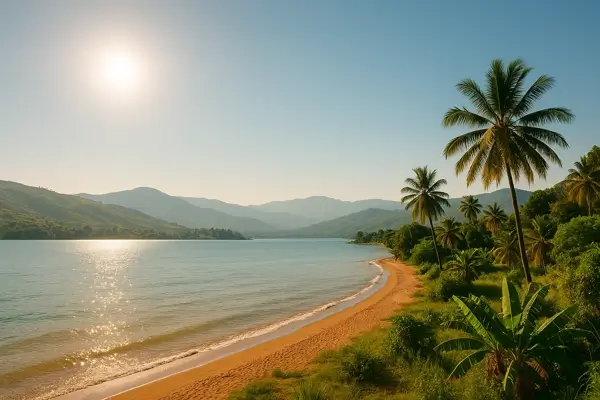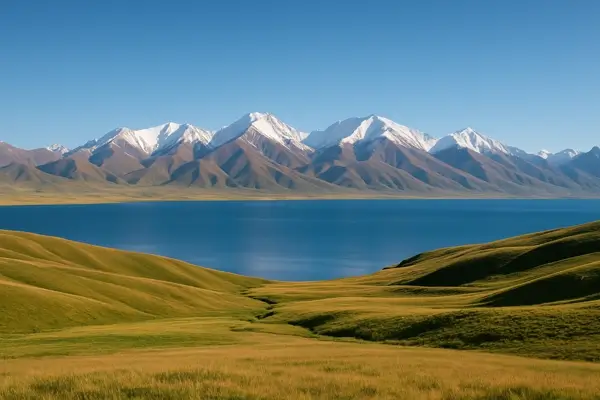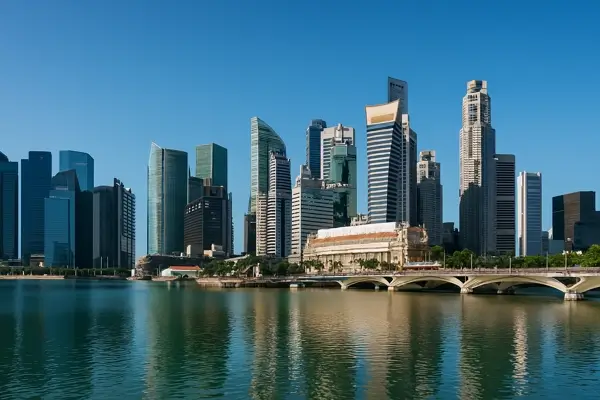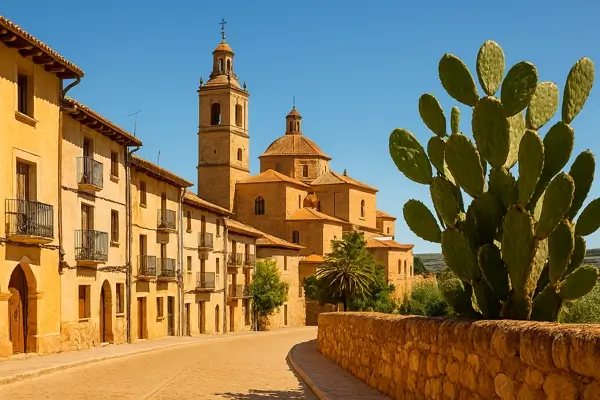
Landlocked and Small in Size
Burundi is a landlocked country in East Africa and one of the smallest in the continent, covering an area of just 27,834 square kilometers. Despite its size, Burundi has a rich culture and history, and it shares borders with Rwanda, Tanzania, and Democratic Republic of the Congo.
Home to Lake Tanganyika
Burundi is located on the shores of Lake Tanganyika, the world’s second-largest freshwater lake by volume and one of the oldest and deepest lakes in the world. The lake serves as an important resource for fishing and transportation.
A Diverse Ethnic Composition
Burundi is home to three primary ethnic groups: the Hutu, Tutsi, and Twa. These groups have historically been the source of tensions, contributing to ethnic conflict and violence, particularly in the 1990s during the civil war.
Rich Cultural Heritage
Burundi has a rich cultural heritage, with traditional music, dance, and art being integral to the country’s identity. Drumming is particularly important, with the Burundian drumming tradition recognized as a UNESCO cultural heritage.
The Birthplace of the Kingdom of Burundi
Burundi has a history dating back to ancient kingdoms. The Kingdom of Burundi existed as a unified entity for centuries, and the royal family played a significant role in the country’s history until the monarchy was abolished in 1966.
Struggles with Poverty
Burundi is one of the poorest countries in the world, with a GDP per capita that is among the lowest globally. The country faces challenges in areas such as education, healthcare, and infrastructure, with most people living in rural areas relying on agriculture for their livelihoods.
A Country of Resilience
Despite its history of ethnic tensions and political instability, Burundi has made efforts to rebuild and recover after the 1993-2005 civil war. The country is known for the resilience of its people, who continue to work toward peace and development.
Kigali and the Capital Bujumbura
The capital of Burundi is Bujumbura, located on the shores of Lake Tanganyika. The city is the cultural, political, and economic center of the country. In 2019, the capital was moved to Gitega in the interior of the country as part of a broader initiative to decentralize power.
Bujumbura’s Stunning Beaches
Lake Tanganyika, where Bujumbura is located, offers beautiful beaches and opportunities for fishing, swimming, and water sports. It is a popular destination for locals and tourists alike, offering stunning views and a peaceful environment.
Drum and Dance Festivals
Burundi celebrates various traditional festivals and cultural events, including the Drum Festival. This event highlights the country’s unique drumming culture, with performances from local drum ensembles and dancers that demonstrate the cultural significance of drumming in Burundi's traditions.



